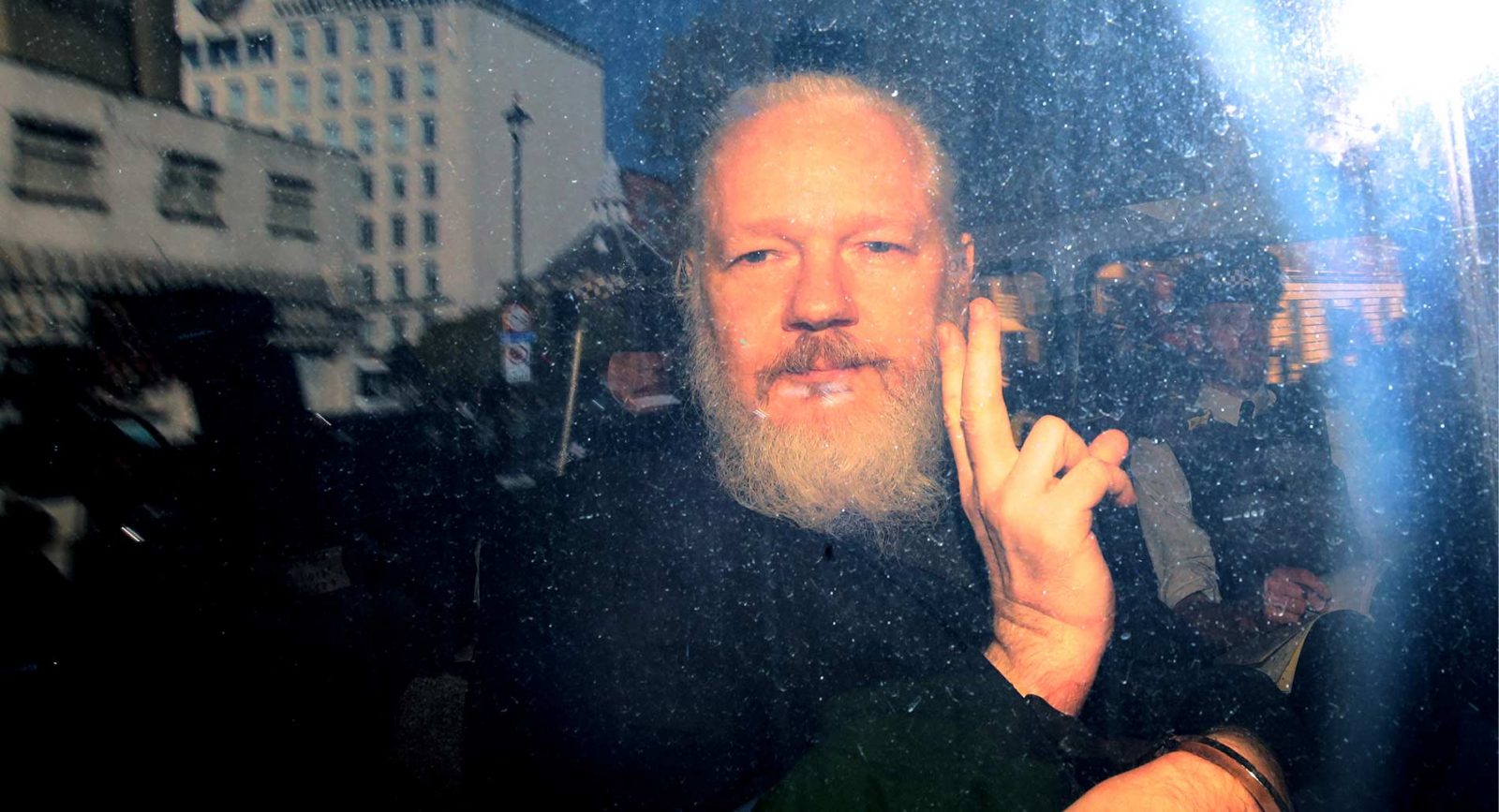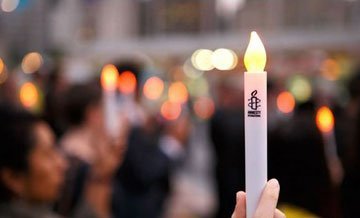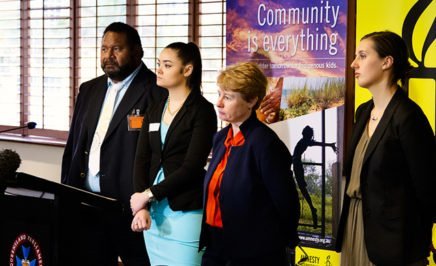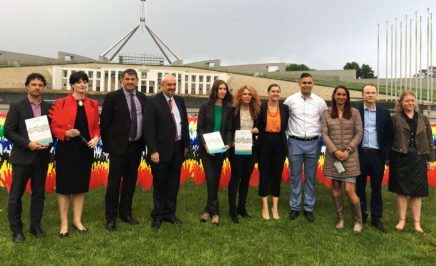Responding to a decision postpone Julian Assange’s extradition hearing today, Amnesty’s, Massimo Moratti Deputy Director of the Europe Office, said:
“The decision to postpone Julian Assange’s extradition hearings is the right one. There is immense pressure on judicial systems everywhere due to the COVID-19 crisis, and it is imperative that courts still provide people with a fair process.
“The court has rightly recognized that the obstacles are too many – and the stakes too high – to push through with the hearing under such circumstances.
“Going ahead on such a compressed schedule and using video-link as opposed to in-person testimony at this crucial evidentiary stage would have put Julian Assange at a distinct disadvantage. He has had little meaningful access to his legal team since the lockdown, leaving minimal time to prepare an adequate defense.
“It makes sense to delay the proceedings so that Julian Assange can prepare a defense against his transfer to the US on charges related to his lawful publishing activities. We believe that Mr. Assange should not be sent to the US under any circumstances as he will be at risk of serious human rights violations.”
Background:
The case has been adjourned until 4 May at which time a new schedule will be agreed. The judge signaled that November 2020 may be the first date where a large enough block of time can be secured to continue the proceedings.
UK prisons are on lockdown and permit no visitors. Protocols in place to stem the spread of COVID-19 present obstacles to detainees and prisoners meeting with and instructing their lawyers. Access to video-link technology is difficult as any required movement within the facilities to gain access to this mode of communication can put detainees and prisoners at risk of infection. Phone calls are monitored and do not permit detainees to see relevant paperwork and documents.
Likewise, the courts themselves are operating on an emergency basis, with meetings and hearings taking place by telephone and video-link. There are backlogs in court calendars as arrangements are resource intensive.
According to his lawyers, Julian Assange has not been able to effectively and consistently communicate with or instruct his lawyers under these circumstances.





